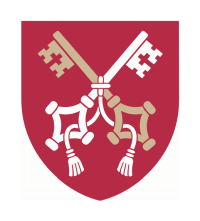What really happens is that the author discards the human persona but replaces it by an ‘objective’ one; the authorial subject is as evident as ever, but it has become an objective subject … At the level of discourse objectivity, or the absence of any clues to the narrator, turns out to be particular form of fiction, where the historian tries to give the impression that the referent is speaking for itself.
Roland Barthes, ‘Le discours de l’histoire’ trans. as ‘Historical Discourse’ in M. Lane (ed.) Structuralism: A reader, London, Jonathan Cape, 1970, pp. 149–154.
